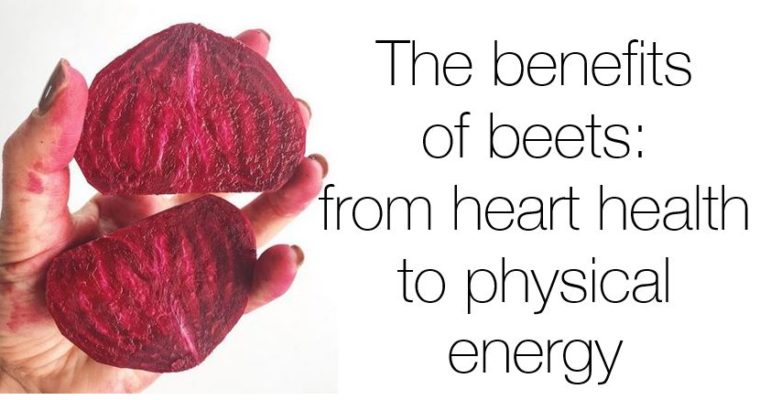NAC, N-Acetyl Cysteine, is an amino acid that has powerful antioxidant properties. Clinical studies have proved its benefit for a variety of health purposes including the support of the liver and kidneys, respiratory health, and immune system function. However, many are unfamiliar with this amino acid and its potential.
Free Radicals & Antioxidant Protection
NAC stimulates production of the amino acids cysteine and glutathione. And, because of this, according to Memorial Sloan-Kettering Cancer Center, it works as a scavenger to remove free radicals in the body. We live in an increasingly polluted environment, loaded with toxins; the soil we grow our food in is often nutrient-depleted and many consume processed, factory-made foods supplying scant nutrients. Ironically, our bodies wind up requiring even more vitamins and minerals to effectively metabolize nutrient-depleted foods. For these reasons, according to Archana Gogna, MS, CNS, MBA of InVite® Health, healthcare professionals are advising their patients to being taking safe, reliably-made high quality nutritional supplements to fill nutritional deficits in their diet caused by free radicals.
Respiratory Health
Jerry Hickey, R.Ph reports, “In the lining of the lungs, you have this tiny, little hair called microvilli. They’re actually a remnant of bacteria, believe it or not. Inside your lungs, you also have a thin layer of mucousy-fluid that helps move dust particles and other things that don’t belong inside of the lungs. This hair and fluid must be rich in antioxidants to protect the lung lining. Otherwise, if you inhaled smoke from a fire, it would destroy your lung tissue.”
The University of Maryland Medical Center notes research that showed using NAC reduced flare-ups of both chronic bronchitis and chronic obstructive pulmonary disease (COPD) in 2010. NAC has been used as a mucous-thiner to break down mucous in the body, as well.
Immunity
According to the University of Maryland Medical Center, doctors gave NAC through an IV to people who have overdosed on acetaminophen (Tylenol), to help prevent or reduce liver and kidney damage. Acetaminophen poisoning can also happen at lower doses if someone drinks alcohol or takes medications that may damage the liver on a regular basis. In another 6-month study, people who took 600mg of NAC two times a day had fewer flu symptoms than those who took a placebo.
Jerry Hickey, R.Ph explains, “NAC is good in the winter because it provides your immune system with the energy that it needs. The University of Genoa in Italy published their findings in the European Respiratory Journal about this, using almost 300 people over the age of 65 from 20 Italian medical centers. When they gave the participants NAC over the winter, it improved their immune function and strongly improved their resistance. This is because NAC energized their immune cells (white blood cells). Jule like the lungs have to be soaked and rich in antioxidants like NAC, your white blood cells do too so they can kill viruses and bacteria.”
When you take NAC, you protect your immune system from its own chemical weapons, so it can continue to fight against bacteria and viruses and be energized. It has more energy to do its job.
Questions about NAC? Leave Jerry Hickey, R.Ph a comment below!






